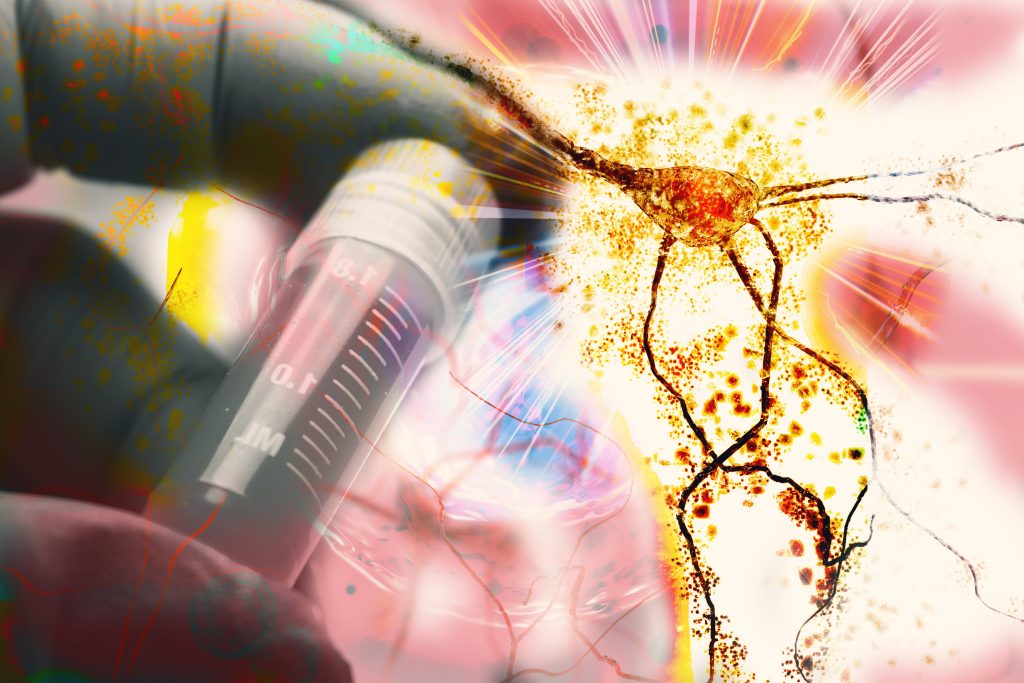
The root causes of mental health debate
Mainstream medicine claims that we don’t know exactly what causes mental health issues such as depression, anxiety and bipolar. As we have seen however, in “How can we get to the root causes of mental health symptoms?“, doctors practicing integrative mental health believe that they can identify and improve many of the factors contributing to our mental health symptoms.
Certainly, it’s an interesting and important subject for debate, as identifying the root causes is crucial to treating them and improving mental health outcomes. So it’s a personal fascination of mine, and in this blog, I suggest 6 possible key causes of mental health issues.
This month, I released two interviews for The MindHealth360 Show, both identifying certain root causes of mental health issues.
Obgyn Dr. Margaret Christensen talks of the 5 causes of mental health issues as being toxins (such as mould, pesticides, heavy metals, plastics, pharmaceutical and recreational drugs, EMFs), poor nutrition, infections (such as Lyme, Bartonella, etc.), allergens (such as wheat, gluten, dairy), and last but not least, trauma/abuse.
Psychotherapist Benjamin Fry, however, sees the root cause of most common mental health issues as resulting from a dysregulated nervous system.
Rather than contradict each other, I believe that they complement each other, and help to give us a comprehensive overview of the root causes of mental health issues.
What their respective ideas about root causes have in common is that they are all seen as threats by our bodies, and trigger a stress response, which can lead to a biochemical cascade of inflammation, hormone imbalance, neurotransmitter imbalance, gut issues, mitochondrial dysfunction, and further nervous system dysregulation. We know that these biochemical phenomena can all be implicated in creating mental health issues such as depression, anxiety, insomnia, poor memory, poor concentration and attention,Lee, C. H., & Giuliani, F. (2019). The Role of Inflammation in Depression and Fatigue. Frontiers in immunology, 10, 1696. https://doi.org/10.3389/fimmu.2019.01696, https://www.ncbi.nlm.nih.gov/pmc/articles/PMC6658985/[accessed 21st August 2020], Duval, F., Mokrani, M. C., Ortiz, J. A., Schulz, P., Champeval, C., & Macher, J. P. (2005). Neuroendocrine predictors of the evolution of depression. Dialogues in clinical neuroscience, 7(3), 273–282. https://www.ncbi.nlm.nih.gov/pmc/articles/PMC3181737/[accessed 21st August 2020], Clapp, M., Aurora, N., Herrera, L., Bhatia, M., Wilen, E., & Wakefield, S. (2017). Gut microbiota’s effect on mental health: The gut-brain axis. Clinics and practice, 7(4), 987. https://doi.org/10.4081/cp.2017.987https://www.ncbi.nlm.nih.gov/pmc/articles/PMC5641835/[accessed 21st August 2020], Allen, J., Romay-Tallon, R., Brymer, K. J., Caruncho, H. J., & Kalynchuk, L. E. (2018). Mitochondria and Mood: Mitochondrial Dysfunction as a Key Player in the Manifestation of Depression. Frontiers in neuroscience, 12, 386. https://doi.org/10.3389/fnins.2018.00386https://www.ncbi.nlm.nih.gov/pmc/articles/PMC5997778/ [accessed 21st August 2020] as well as behavioural and relationship issues.
The level of stress response they trigger (and therefore the ensuing biochemical imbalances) will depend on two things: the genetic terrain (and the epigenetic reactions entailed), and the current resilience of our nervous system, which itself will depend on our past experiences and our current biochemistry.
So what are these threats/stressors?
Outlined below are the main stressors, however there are doubtless others.
Biochemical stressors
- External toxins such as moulds, heavy metals, plastics, EMFs, pharmaceutical and recreational drugs
- Poor nutrition consisting in mainly processed foods
- Allergens such as gluten, lactose
- Infections such as Lyme, Bartonella, EBV
- Traumatic brain injury
Psychological stressors
Lifestyle-behavioural stressors
- Poor sleep and disrupted circadian rhythms
- Lack of exercise
- Lack of nature and natural light
- Lack of relaxation
- Poor breathing
While these stressors can be biochemical, psycho-spiritual or lifestyle-behavioural, they have in common that they all provoke a physiological stress response, and since the body does not distinguish between psychological and physiological stress, they can elicit the same biochemical cascade of inflammation, neuroendocrine disruption, gut issues, nervous system dysregulation, and mitochondrial dysfunction.
Furthermore, they contribute to and exacerbate each other. So for instance if our systems have been weakened by repeated physiological stressors such as infections, pollutants or poor nutrition, the effect of a psychological stressor such as trauma will be far greater. And there is also some evidence that those who have suffered trauma and have a dysregulated nervous system, are more susceptible to physiological stressors.
Our bodies are equipped to deal with short term stress (whether psychological or physiological), mount a biochemical response (which can lead to temporary inflammation, hormone imbalances, neurotransmitter imbalances, gut dysbiosis), and return to homeostasis once the threat has past. Short term stressors which are addressed and given some time to heal (eg: the infection is eradicated, the mould is detoxified, the diet is improved, the psychological threat has passed, and short term supplements and therapies are administered) should not cause long term mental health symptoms.
However, if these stressors are chronic, and/or cause a lasting dysregulation in the nervous system (when we over-react or under-react to a perceived threat based on past threat as if they were present threats, because our physiology is stuck in a threat response), and/or get stuck in the cell danger response (Dr. Robert Naviaux’s explanation that cells when faced with a threat that is past can get stuck and continue to behave as if they are under threat, pumping out inflammatory molecules for instance, and this may be part of nervous system dysregulationNaviaux R. K. (2014). Metabolic features of the cell danger response. Mitochondrion, 16, 7–17. https://doi.org/10.1016/j.mito.2013.08.006https://pubmed.ncbi.nlm.nih.gov/23981537/[accessed 20th August 2020]), they can lead to the following chronic imbalances which can manifest as long term mental health symptoms and conditions.
This is why mental health issues can seem so intractable. Because not only does the original stressor need to be ended and addressed, but then the ensuing biochemical cascade needs to be returned to homeostasis. Something that is much harder to do when the stress has been chronic, has caused lasting nervous system dysregulation, or cell danger response.
Chronic biochemical imbalances: the 6 key causes of mental health issues?
The stressors above may or may not lead to the following chronic biochemical imbalances, but if they do, they will tend to cause mental health symptoms.
We can therefore venture to say that these 6 chronic biochemical imbalances are the 6 key causes of mental health issues. There may be others, which will gather evidence in the future, but for now, these seem like the most likely suspects.
-
Inflammation and neuroinflammation
-
Mitochondrial dysfunction
In conclusion, if we were to break it down and simplify, we could say that the causes of mental health issues would look something like this:
Mental health issues can arise when stressors (psychological, lifestyle and physiological) impact on our genetic terrain and our nervous system resilience, to cause one or more of the 6 key chronic biochemical imbalances listed.
